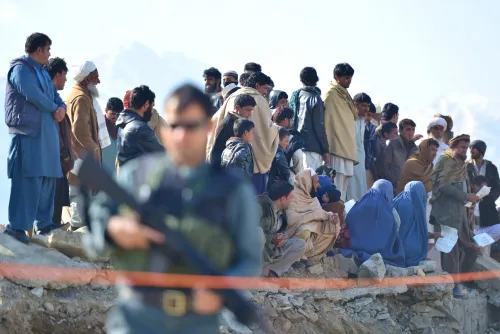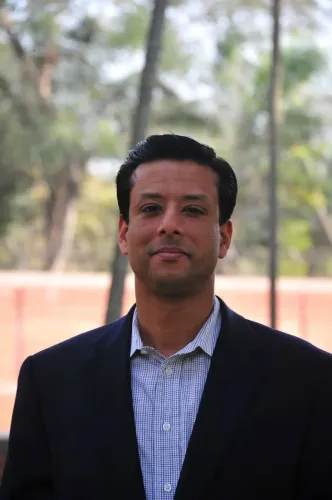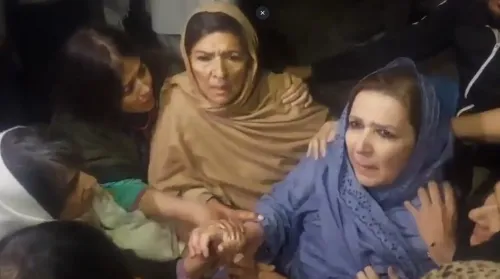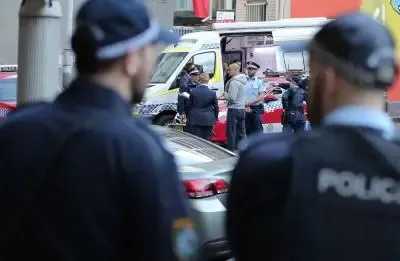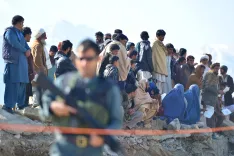Has Trump Successfully Brokered a Ceasefire Between Iran and Israel?
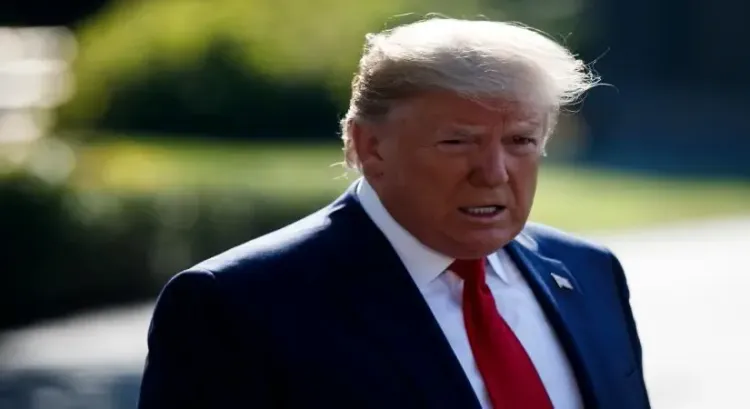
Synopsis
Key Takeaways
- Iran and Israel have agreed to a ceasefire after intense conflict.
- Trump announced the ceasefire via Truth Social.
- The ceasefire begins six hours post-announcement.
- This marks a potential turning point in Middle Eastern diplomacy.
- The U.N. Security Council will discuss the implications.
New York, June 24 (NationPress) Iran and Israel have reached an agreement for a ceasefire following the U.S. bombardment of Tehran's nuclear sites, as declared by President Donald Trump.
On Monday evening, he stated on Truth Social, "It has been completely agreed between Israel and Iran to establish a Complete and Total CEASEFIRE."
The ceasefire is set to commence in six hours—around midnight in Washington and 9:30 AM in India—"once Israel and Iran have concluded their ongoing final missions," he noted.
Ending the missile conflict between Iran and Israel, which escalated with U.S. involvement via missiles and B2 stealth bombers, Trump, who had criticized Tehran for years, expressed gratitude, saying, "I want to thank Iran."
He added, "Assuming everything proceeds as anticipated—and it will—I would like to congratulate both nations, Israel and Iran, for their stamina, courage, and intelligence in concluding what can be termed 'THE 12 DAY WAR'."
This announcement followed a symbolic act by Iran, which fired missiles at a U.S. base in Qatar after notifying the U.S. about the strike, according to Trump.
He reported that 13 out of 14 missiles launched by Iran were intercepted, resulting in no casualties.
"They've expressed their frustrations, and hopefully, there will be no further HATE," he remarked.
Having previously warned of severe repercussions if Iran retaliated against the U.S. strikes on its nuclear facilities in Isfahan, Natanz, and Firdo, Trump seemed reassured by the symbolic response.
"I felt 'set free' as the situation was shifting towards a non-threatening path," he said.
Trump's post lacked specific details regarding how, where, or by whom the ceasefire was brokered.
After enduring 12 days of missile exchanges with Israel and the subsequent strike from the U.S., Iran now appears inclined towards a truce.
For 46 years since the overthrow of the Shah of Iran, the chant "Death to America" has echoed in Tehran, fueled by resentment towards Washington for its role in the coup that led to the Shah's absolute power.
Trump had previously dismantled a 2015 international agreement aimed at curbing Iran's nuclear ambitions and sought to negotiate a new deal during his second term.
The United Nations Security Council is scheduled to convene on Tuesday regarding the agreement known as the Joint Comprehensive Plan of Action, which was signed by the five permanent members of the Council, Germany, and the European Union.
It remains uncertain whether peace will endure, as Israel disrupted negotiations between Iran and the U.S. by launching attacks on Iran just two days before a planned meeting between representatives from Tehran and Washington.
This provocation led to the U.S. joining the conflict after approximately ten days of hesitance.
The mechanisms of the ceasefire, as outlined in Trump's Truth Social post, are complex.
He indicated that Iran will initiate a ceasefire, which Israel will honor, followed by an Israeli ceasefire lasting an additional 12 hours, after which it will become permanent.
Upon the 24th hour, an official conclusion to 'THE 12 DAY WAR' will be celebrated globally, Trump stated.
If the truce holds, Trump's decision to side with Israel while being somewhat isolated from traditional allies could prove beneficial.
Following the U.S. attacks on three nuclear sites, which Trump claimed had devastated Tehran's nuclear capabilities, Iran appears to have little incentive to continue defying the U.S. and other nations opposing its pursuit of a nuclear weapon.
Despite Iran's alliance with Russia and its provision of drones for the Ukraine conflict, it did not receive support from Moscow or Beijing during the U.S. bombings.

